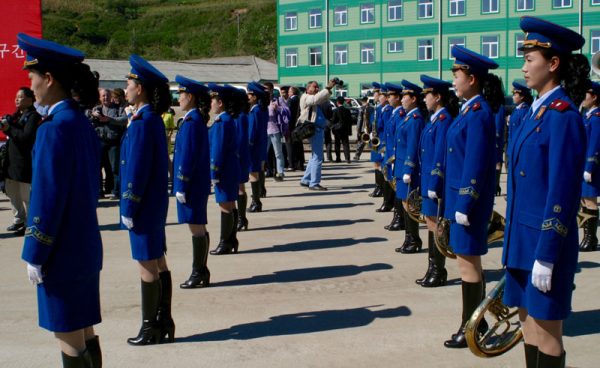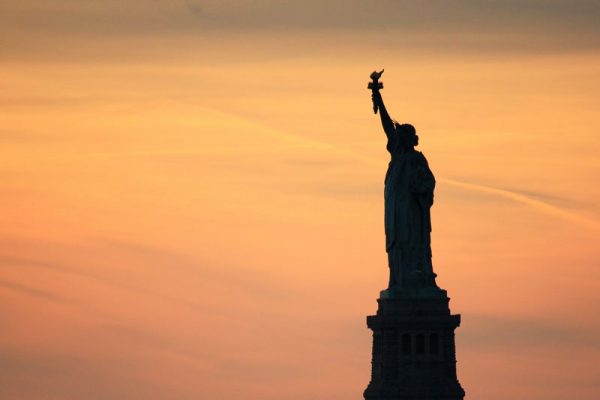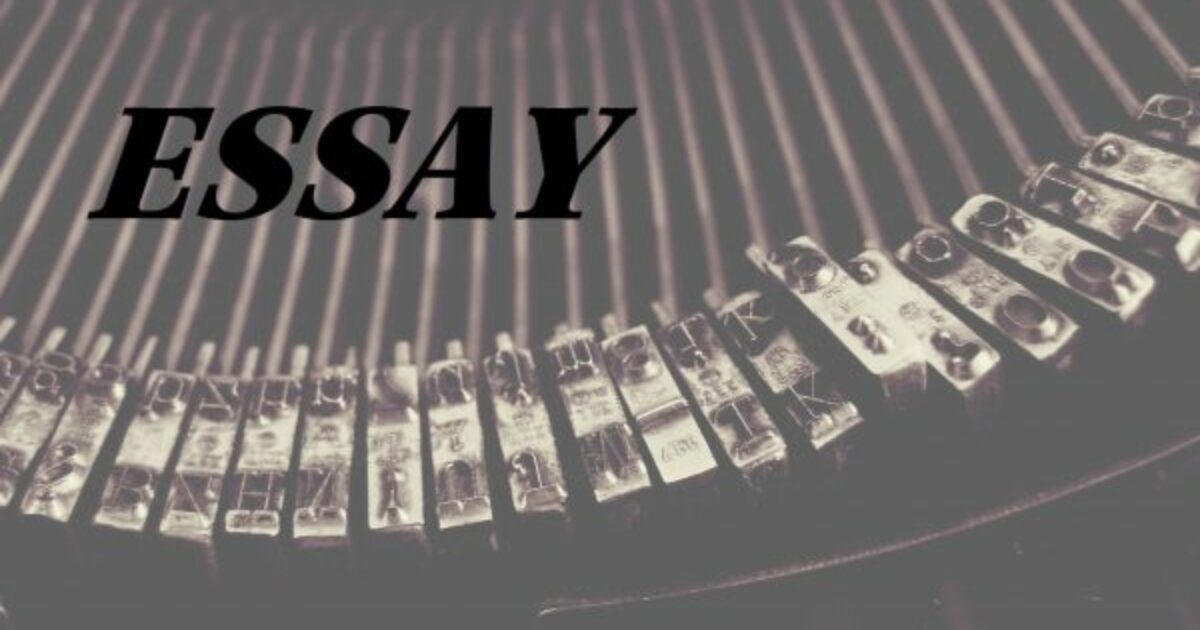Truth and Freedom
By S M Chen, posted April 24, 2017
“Ye shall know the truth and the truth shall make you free” John 8:32.
“In our struggle for freedom, truth is the only weapon we possess.” – The Dalai Lama
A recent edition of the Los Angeles Times contained this column: “There’s no such thing as a failed missile launch: Lessons from North Korea, the post-truth capital of the world,” written by reporter Jonathan Kaiman.
Along with some 99 other reporters, he was invited to attend “the most important day on the North Korean calendar: the 105th birthday of its founding president, Kim Il Sung.” Sung’s grandson Kim Jong Un was to preside over a massive military parade.
In the column, Kaiman describes his brief, surreal experience in one of the most isolated, repressive countries of the world. Everything he wrote seems consistent with what others have reported.

Some quotes from his report: “North Korea is perhaps the world’s foremost post-truth society. Most citizens cannot access the Internet or unfiltered foreign information of any kind. Domestic media exists only to glorify the country’s leaders or rehash ideological dogma and grievances against South Korea and the United States.
“Everything raised questions. Who decided our itinerary, and why didn’t our minders ever seem to know it until the last minute? Why were we allowed to photograph some portraits of the Kims but not others? … The minders didn’t know or wouldn’t tell us. …
“Nobody could explain what they did for fun…”
Analysts expected North Korea to mark the holiday with a missile or nuclear test — and sure enough, the following morning, U.S. and South Korean officials reported that North Korea had tested a missile, though it fizzled shortly after takeoff… North Korean state media didn’t announce the test – they never report on failures. For ordinary North Koreans, it simply never happened.”
Sobering enough, the above.
But then this: “… at the Pyongyang zoo, hundreds of middle-class Pyongyang residents filed past healthy-looking seals, hippos and orangutans.
“Three little girls petted a tortoise, their eyes filled with wonder, as their mother snapped pictures. No military marches piped in through speakers, and no portraits of dictators adorned the walls.
“You can’t fake this, I thought. These were real people with loving families, having genuine fun. Some of them were almost certainly the same people I’d seen sobbing at the parade. The thought filled me with sadness.”
***
One incident described in Kaiman’s column was the unexplained delay of his exit flight from Pyongyang to Beijing. Originally scheduled for 8:30 am, the flight did not depart until much later that day. An airline employee gave no information, no explanation, no apology [reminiscent of a rather cynical saying I encountered years ago: “Never apologize; rarely explain”].
Kaiman’s reaction as the aging Tupolev jet in which he sat crossed the Yalu River was simply one of relief.
I suspect rarely, if ever, had he been so glad to be leaving a place that held such simultaneous fascination, revulsion, and sorrow.
***
My parents emigrated to the USA from China as students. Had they returned to their native land (as did my paternal aunt, who raised her multiple children in a Communist regime – albeit, to my understanding, less repressive than North Korea’s), my life would have turned out very differently.
When, along with a sister and others in a group of 24, I visited China in 1980, and met some of my first cousins, with whom I could not converse without language interpretation by their mother, my aunt, the thought occurred to me with poignancy: “There but for the grace of God go I.” Our situations could have easily been reversed.
Yet, despite their comparatively Spartan existence, my relatives in Beijing seemed content. A couple of my first cousins once removed now live in the USA, and their lives are both quantitatively and qualitatively better, but I’m not sure they are happier. This speaks well of their mindset I witnessed in 1980.
***
A more recent edition of the same daily newspaper contained this column: “L. A. Times Book Prizes awarded.” Among the honorees was first-time author Wesley Lowery who, as a reporter for the Washington Post, won the Christopher Isherwood prize for Autobiographical Prose for his book They Can’t Kill Us All, in which he detailed the fatal shooting of Michael Brown and other black men by police around the country.
During his acceptance speech, Lowery commented: “In the moment we live in now, it’s important to remember a saying I picked up from one of the young people I write about in this book. He says, very often, that to tell the truth in public is an act of protest.”
***
It should not have to be this way.
Holy Writ tells us who the father of lies is. He seems the first known ventriloquist behind the voice speaking the first recorded lie: “Ye shall not surely die.”
Perhaps Eve did not recognize the inimical nature of ventriloquism. Adam may have. Ever since, ventriloquists seem to have relied on dummies as props for their act.
One of the beauties of mathematics is that it transcends language. Another is that, with rare exception, its truths bear the test of time. It may be truth in its purest form.
This reminds me of the supposed difference between psychosis and neurosis. A psychotic believes 2 + 2 = 5. The neurotic knows 2 + 2 = 4, but can’t stand it.
In medicine, although many advances in various fields benefit humankind, anatomy is one subject which changes little.
There is comfort in such stability, which lends order to our often otherwise chaotic lives.
My understanding of the Almighty is that, in addition to His many other attributes (some defined by ‘omni-‘, as in omniscience, omnipresence, omnipotence; not to mention love, kindness, patience and goodness), He personifies truth. We are told He cannot lie.

Like the colors of yarn woven into warp and woof, the very fabric of our society incorporates truth. Including our justice system, which could not function as designed in the absence of truth.
The enduring popularity of dystopian works by writers such as George Orwell (1984, Animal Farm), Ray Bradbury (Fahrenheit 451), and Aldous Huxley (Brave New World) attests to the importance of truth.
If we knew that non-truth was being deliberately disseminated, where would we be, not only as individuals but also as a nation?
George Washington is remembered for supposedly admitting to his father that he cut down the cherry tree. Abraham Lincoln is said to have walked 3 miles to return 6.25 cents that he had mistakenly overcharged a customer.
Historical figures who lied are not recalled with such fondness. Neither is the proverbial boy who cried ‘wolf’ a sufficient number of times that, when the real wolf came, nobody listened to him.
Mark Twain opined, “If you tell the truth, you don’t have to remember anything.”
Mendacity, although not listed as such, might be considered one of the proverbial deadly sins.
***
God also values freedom. Why else would humans possess free will?

In “The New Colossus,” posted on the Statue of Liberty, poet Emma Lazarus articulates the yearnings of the human spirit for freedom.
Freedom can, however, be distorted. On the wrought iron entrance to Auschwitz, the infamous Nazi death camp, hung a sign: “Arbeit Macht Frei” – “works sets you free.” That sign was indeed ironic.
It behooves us to guard the truth, to continue to treasure it. To uphold it at a time when some seem to hold it in little regard, and make little distinction between representation and misrepresentation.
According to Revelation 22:15, there will come a time when dissemblers find themselves in a group on the left hand of the Almighty. It is not for us to say who those will be.
Until then, let us remember that fact trumps fantasy, truth falsehood, and goodness evil.
We can only hope and supplicate for a good ending.




